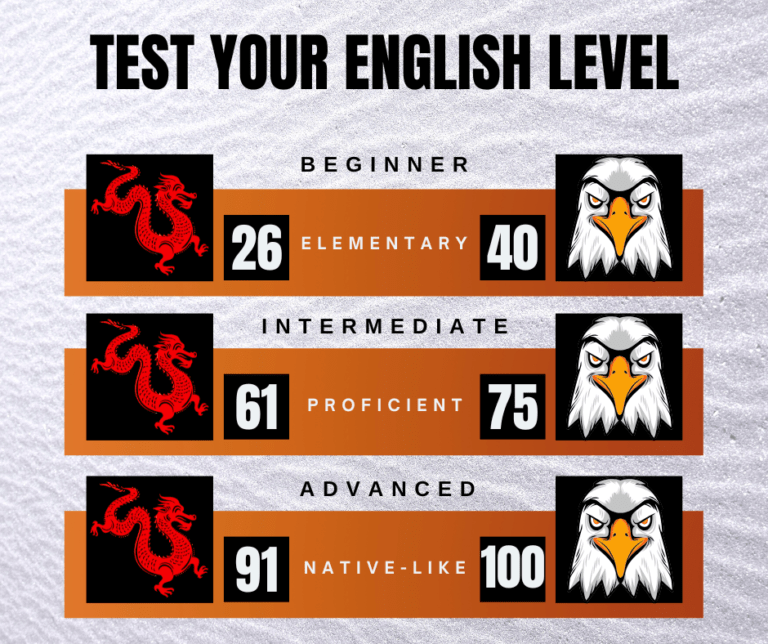
Present Indefinite Exercise 8 — Simple Present Tense Quiz with Useful Daily Vocabulary
Welcome to Present Indefinite — Exercise 8, part of our free English grammar quiz series.
In this set, you’ll practice the Simple Present tense while learning useful daily vocabularies—the kind you actually use when you manage work, decide things, arrange plans, fix problems, and improve skills.
Each question includes four choices, the correct answer, and a short explanation with a definition of the verb so you grow your vocabulary while mastering grammar.
Definition: Present Indefinite (Simple Present)
The Present Indefinite (Simple Present) describes habits, general truths, repeated actions, scheduled events, and states.
- Formation: base verb, verb 1st form, for I/you/we/they (e.g., I walk, they eat).
- Third person singular (he/she/it): add -s or -es on base verb (e.g., he walks, she goes).
- Negatives & questions: use do/does + base verb (e.g., Do they plan? / Does he plan? / He does not (doesn’t) plan.).
- Use with adverbs of frequency: always, usually, often, sometimes, never.
- To learn more about Present Indefinite Tense – Visit Here
Quiz Instructions
- Read each question and choose the best answer out of four given options.
- On top, header section of the quiz, you will see the “title of the quiz,’ ‘spending-time,’ ‘value of question in points,’ and ‘number of questions.”
- Below on footer, you will see Full Screen mode. As the name suggests, it covers the whole screen. It will save a lot of your time attempting the quiz.
- You can zoom the images given in the questions.
- After submitting the quiz, you can see your score and compare with other users.
- The Full Leaderboard link will take you to a page, where you can see all users attempts.
- Below the quiz box, there are explanation of each options. You can study and try again.
- Best of Luck!
Quiz Question, Answer and Explanation
Note: Do remember in the quiz box above, the questions and options will shuffle, so they won’t have the same sequence like 1, 2, 3, or A, B, C as below.
1. She ______ every workshop she finds useful.
A) attend B) attends C) attending D) attended
Verb definition: attend = to be present at an event.
Correct: B) attends
Why B is correct: She (3rd sing.) → attends.
Why A is wrong: attend base, incorrect with she.
Why C is wrong: attending participle.
Why D is wrong: attended past.
2. Clients often ______ on our support team for quick answers.
A) depend B) depends C) depending D) depended
Verb definition: depend = to rely on someone or something.
Correct: A) depend
Why A is correct: Clients (plural) → base form depend.
Why B is wrong: depends is 3rd sing., wrong for clients.
Why C is wrong: depending is -ing.
Why D is wrong: depended past.
3. This book ______ to the new collection at the library.
A) belong B) belongs C) belonging D) belonged
Verb definition: belong = to be the property of or to be a member of.
Correct: B) belongs
Why B is correct: Subject This book (singular) → belongs.
Why A is wrong: belong base form, wrong for singular without auxiliary.
Why C is wrong: belonging participle.
Why D is wrong: belonged past.
4. I ______ tea over coffee most days.
A) prefer B) prefers C) preferring D) preferred
Verb definition: prefer = to like one thing more than another.
Correct: A) prefer
Why A is correct: I uses base verb prefer.
Why B is wrong: prefers 3rd sing., wrong with I.
Why C is wrong: preferring participle.
Why D is wrong: preferred past.
5. He always ______ ideas to improve the system.
A) suggest B) suggests C) suggesting D) suggested
Verb definition: suggest = to propose an idea for consideration.
Correct: B) suggests
Why B is correct: He (3rd sing.) → suggests.
Why A is wrong: suggest base form; wrong for he.
Why C is wrong: suggesting participle.
Why D is wrong: suggested past.
6. Customers rarely ______ about the service.
A) complain B) complains C) complaining D) complained
Verb definition: complain = to express dissatisfaction.
Correct: A) complain
Why A is correct: Customers (plural) → base verb complain. Rarely indicates frequency.
Why B is wrong: complains 3rd singular.
Why C is wrong: complaining participle.
Why D is wrong: complained past.
7. Do you ______ breakfast at your desk?
A) include B) includes C) including D) included
Verb definition: include = to have or contain as part of something.
Correct: A) include
Why A is correct: Question with Do you requires base verb include.
Why B is wrong: includes wrong after auxiliary do.
Why C is wrong: including participle.
Why D is wrong: included past.
8. He ______ his team whenever possible.
A) support B) supports C) supporting D) supported
Verb definition: support = to give help or assistance.
Correct: B) supports
Why B is correct: He → 3rd person singular → supports.
Why A is wrong: support base, wrong for he.
Why C is wrong: supporting participle.
Why D is wrong: supported past.
9. We always ______ seats for VIPs in advance.
A) reserve B) reserves C) reserving D) reserved
Verb definition: reserve = to keep something (a seat, room) for someone.
Correct: A) reserve
Why A is correct: We (plural) + base verb reserve.
Why B is wrong: reserves 3rd singular.
Why C is wrong: reserving participle.
Why D is wrong: reserved past.
10. The bank ______ deposits immediately.
A) accept B) accepts C) accepting D) accepted
Verb definition: accept = to receive something offered.
Correct: B) accepts
Why B is correct: The bank (singular) → 3rd person singular accepts. Immediately indicates timing but tense is simple present for habitual/procedure.
Why A is wrong: accept base form; incorrect for singular noun.
Why C is wrong: accepting participle.
Why D is wrong: accepted past.


